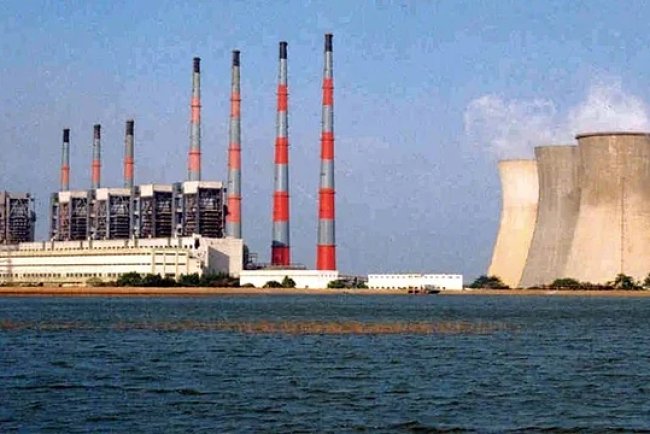US Withdrawal from Climate Agreement Complicates COP30 Talks, Bloomberg Pledges Support

COP30 in Brazil to Tackle Climate Finance Challenges Amid US Withdrawal from Paris Agreement
The Climate COP30 summit is going to take place in the city of Belem, Brazil in November 2025. Climate finance for developing nations is expected to be their critical issue. The COP30 will likely witness high tensions as the United States has left the Paris Climate Agreement under President Donald Trump's administration. This exit adds complexity to ongoing global efforts toward fighting climate change and funding the energy transition in poorer countries.
Climate Finance at the Forefront
Developing countries have long pressed for substantial amounts of funding to shift towards cleaner energy and mitigate the catastrophic effects of global warming. Wealthy countries promised at COP29 in Azerbaijan in 2024 to commit $300 billion per year by 2035 to developing nations. However, it is still significantly lower than the $1.3 trillion dollar per annum that these nations believe to be essential for climate change.
On this account, the talks at COP30 will be dominated by this financing gap, as developing countries will increase their appeals for more sizeable contributions by the rich. Andre Correa do Lago, the secretary general of COP30, had already cautioned that negotiations at COP30 will be harder than at COP29 because the United States now has a change of heart over climate policy.
US Withdrawal Compounds Complexity
The withdrawal will place the United States among the very few countries not party to the accord, along with Iran, Libya, and Yemen. The agreement was adopted by several countries in 2015, limiting global warming to below 2°C above preindustrial levels. The United States has been the world's second-largest emitter of greenhouse gases, so its withdrawal makes it a subject of concern for the global effort to curtail climate change.
The lack of US support complicates climate negotiations since the country has traditionally provided 22% of the budget for the United Nations Framework Convention on Climate Change (UNFCCC). For the 2024-2025 period, the UNFCCC's operating costs are projected at $96.5 million.
Private Sector Fills the Gap
As a response to the withdrawal of the United States, the UN Special Envoy on Climate Ambition and Solutions, Michael Bloomberg, has pledged that his philanthropic group, Bloomberg Philanthropies, will be filling in for the US contribution to the climate agreement. According to the UNFCCC's budget, his foundation is set to contribute towards funding the requirements in reporting emissions.
This intervention suggests the growing role of private sector actors and philanthropists to bridge gaps in climate finance, but it is left unclear whether that could compensate for the loss in global climate negotiations should one major player be missing, such as the United States.
Challenges Ahead at COP30
The COP30 negotiations are likely to be heated, especially concerning the financial commitment and the liability to fulfill commitments. The US withdrawal heightened the chasm between the developed and developing worlds, and the latter have been calling for more aggressive commitments as a way to make their transition easier.
Domestic political and economic pressures make it difficult for wealthier nations to deliver on funding promises. The $300 billion annual pledge made at COP29 is a significant amount but still a fraction of what is needed to effectively address the climate crisis.
The Role of Brazil in COP30
Hosting COP30 in Belem positions Brazil as a key player in the global climate dialogue. The country's role as a steward of the Amazon rainforest, a critical carbon sink, underscores its importance in climate discussions. Brazil is expected to use this platform to advocate for increased financial support to developing nations and promote policies that protect vital ecosystems like the Amazon.
Looking Ahead
In a world that continues to face more intensified climate change issues, COP30 is the time when global commitment to tackling the issue will be determined. It is going to put the world to test in the capability of the nations to close divides, meet financial targets, and accelerate the momentum toward a sustainable future.
What's Your Reaction?

















